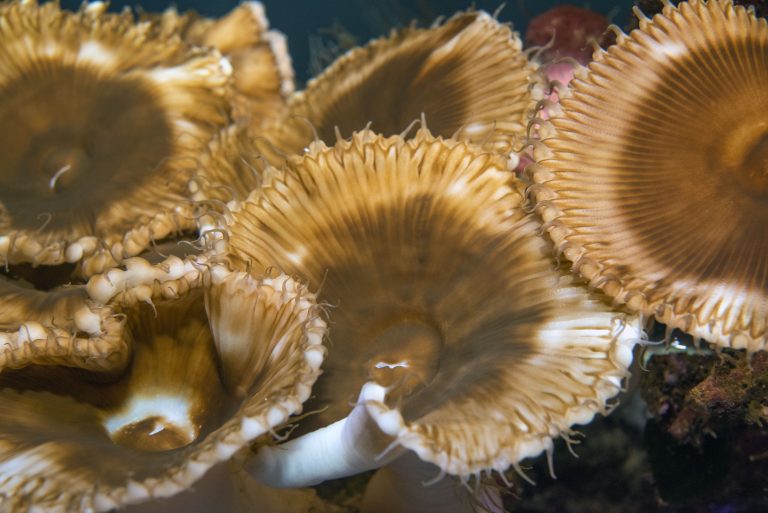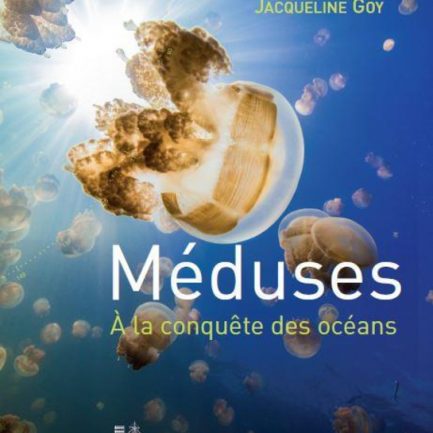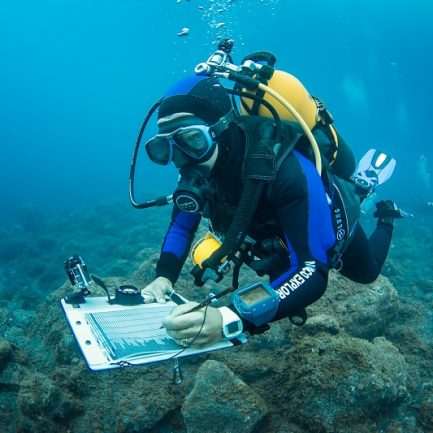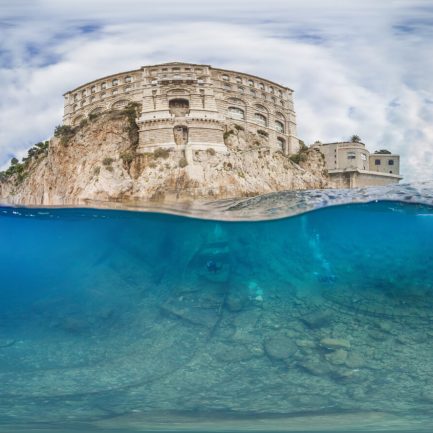Getting involved yourself
- Home
- Actualités
- 3 – Marine animals to our rescue
BECOME THE VOICE OF THE OCEANS
More than a thousand compounds isolated from marine organisms have been shown to have antiviral effects, and a recent study found that griffithsin, a protein isolated from thered alga of the genus Griffithsia sp.… could be an inhibitor of certain coronaviruses by inhibiting their spike proteins, which give them their crown-like appearance, thus preventing their entry into host cells.
From the haemoglobin of a marine worm, the arenicola, which lives in the sand, the biotechnology company Hemarina has developed a “molecular respirator”, a molecule of marine origin which has the property of storing and transporting oxygen better than human haemoglobin (it binds 40 times more!). This molecule should enter a test phase on patients suffering from the coronavirus with the aim of treating respiratory distress syndrome linked to Covid-19, thus freeing up artificial respirators for other patients and relieving hospital services. This molecular respirator could find other applications in very specific cases, such as the transport of organs before transplantation.
FIND OUT MORE
The Marseille-based company Coral Biome is interested in palytoxin (produced by soft corals of the genus Palythoa, order Zoantharia), a highly toxic molecule used in the treatment of certain cancers.
Numerous compounds, currently in clinical development for anticancer activities, have been isolated from the colonial ascidians Didemnum molle, common sessile marine invertebrates (characterized by their attachment to a support) living within the coral reef.
Approximately 1,000 times more effective than morphine, an analgesic synthesized by copying a molecule present in the venom of the Conus magus cone (a marine gastropod mollusc) is particularly indicated for alleviating intense chronic pain.
The Ocean is thus a huge library as well as a pharmacy. It is essential to recognise and value these functions, and to avoid seeing them evaporate as a result of climate change, overexploitation of species and the degradation of marine ecosystems, driven by an overly short-sighted view focused on the profits of fishing, hydrocarbons and soon mineral resources.











